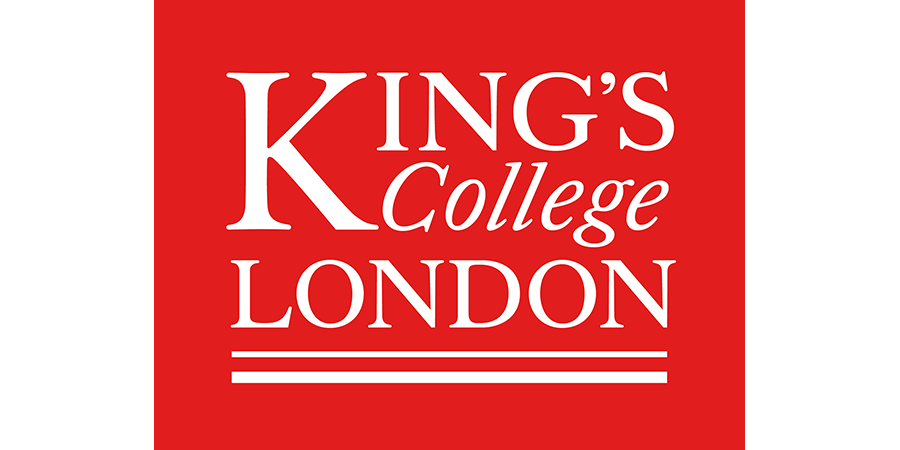Postdoctoral Research Associate in the Department of History
King's College London - History
| Location: | London |
|---|---|
| Salary: | £45,031 to £47,379 per annum, including London Weighting Allowance |
| Hours: | Full Time |
| Contract Type: | Fixed-Term/Contract |
| Placed On: | 17th September 2025 |
|---|---|
| Closes: | 5th October 2025 |
| Job Ref: | 124986 |
About us
This post will be based in the History Department in the Faculty of Arts and Humanities in King’s College, London (KCL). King’s History department is an internationally recognised centre for the study of the history of the world. We are an intellectual home for scholars of every region of the world, who use approaches which range from local micro-histories to large-scale quantitative analysis. We particularly value conversation between scholars of different periods and places, with different approaches. We also value our connections beyond the world of scholarship, with strong relationships to our local communities, and to cultural and policy institutions on a national and global scale; impact is central to much of what we do.
About the role
‘The Digital Labour of Covid-19 Volunteerism’ is an oral history-driven project that explores the politics of digital health work undertaken by Covid-19 volunteers in contemporary India. Led by Dr Tarangini Sriraman, the project team includes two postdoctoral research associates.
This is a mid-level PDRA position. The appointed person will use Digital Humanities methods to analyse and visualise qualitative narratives of pandemic relief work which consisted of using social media, aiding online vaccination, and enabling digital surveillance in the form of contact tracing. The objectives of the research include an evaluation of the following, (a) the politics of providing timely relief responses through digital applications during the pandemic lockdowns; (b) the role of gender, caste and class in shaping volunteers’ access to digital infrastructures of health; (c) the contemporary legacy of pandemic-driven health work in a digital landscape (d) India’s global claims of digital health infrastructures and their impact on grassroots health work and vice-versa.
Digital Humanities methods can broadly consist of familiarity with skills like coding, data scraping, archiving, data visualization, relational databases, or digital storytelling, but may not be limited to them. The appointed person should be able to demonstrate how some of these methods can be useful to a project studying the unequal forms of Covid-19 health work.
The appointed person will be required to carry out up to two months of fieldwork every year, produce their own and co-authored publications, co-organise one workshop, and contribute to the production of a podcast featuring Covid-19 volunteers.
King’s is a reputed institution in the research fields of health, digital humanities, and South Asia.
This is a full time post (35 hours per week), and you will be offered a fixed term contract from 1st January 2026 until 31 December 2028.
Research staff at King’s are entitled to at least 10 days per year (pro-rata) for professional development. This entitlement, from the Concordat to Support the Career Development of Researchers, applies to Postdocs, Research Assistants, Research and Teaching Technicians, Teaching Fellows and AEP equivalent up to and including grade 7. Visit the Centre for Research Staff Development for more information.
Advert information
Type / Role:
Subject Area(s):
Location(s):









